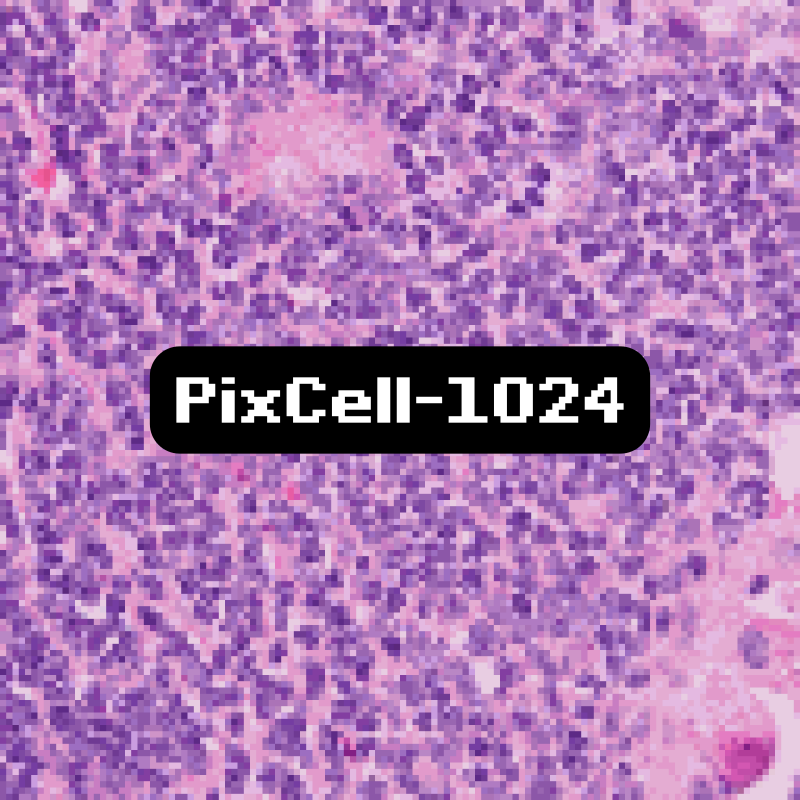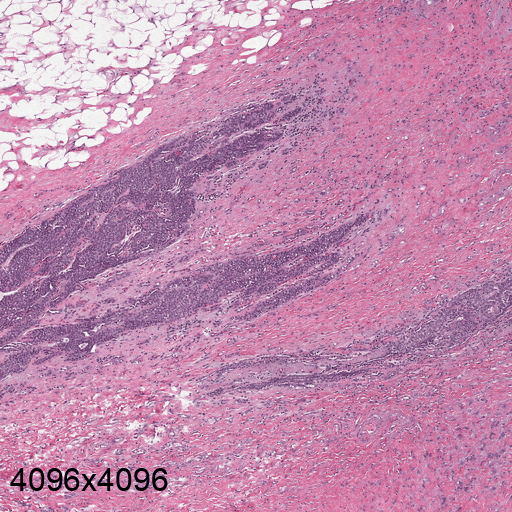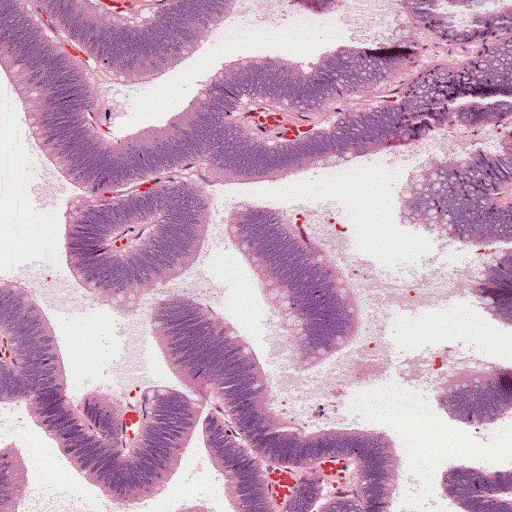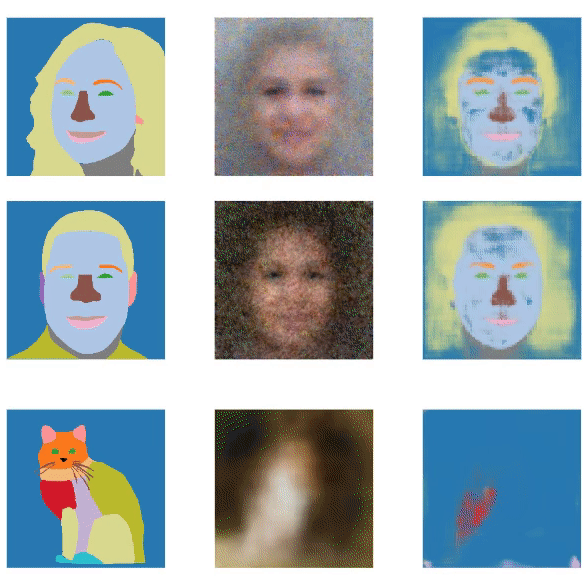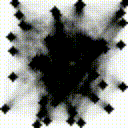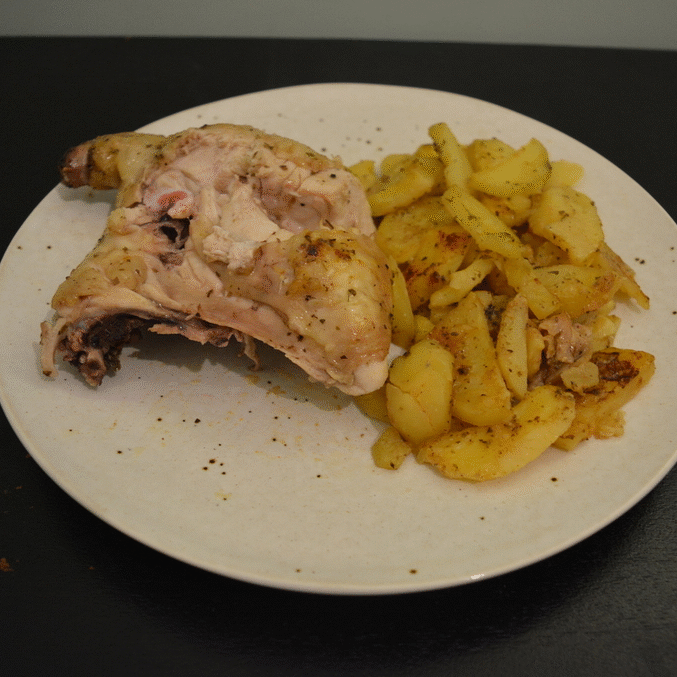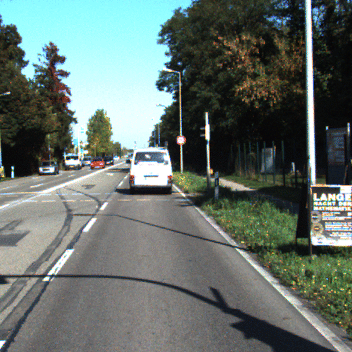2026
Generating metamers of human scene understanding
Ritik Raina,
Abe Leite,
Alexandros Graikos,
Seoyoung Ahn,
Dimitris Samaras,
Greg Zelinsky
ICLR, 2026
2025
Fast constrained sampling in pre-trained diffusion models
Alexandros Graikos,
Nebojsa Jojic,
Dimitris Samaras
NeurIPS, 2025
PixCell: A generative foundation model for digital histopathology images
Alexandros Graikos*, S. Yellapragada*, Z. Li, K. Triaridis, V. Belagali, T. N. Nandi, K. Bai, B. S. Knudsen, T. Kurc, R. R. Gupta, P. Prasanna, R. K Madduri, J. Saltz, Dimitris Samaras
Preprint
Pathology Image Compression with Pre-trained Autoencoders
Srikar Yellapragada,
Alexandros Graikos,
Kostas Triaridis,
Zilinghan Li,
Tarak Nath Nandi,
Ravi K Madduri,
Prateek Prasanna,
Joel Saltz,
Dimitris Samaras
MICCAI, 2025
PathSegDiff: Pathology Segmentation using Diffusion model representations
Sachin Kumar Danisetty,
Alexandros Graikos,
Srikar Yellapragada,
Dimitris Samaras
5th Deep Generative Models Workshop @ MICCAI 2025
Seen2Scene: a generative model of fixation-by-fixation scene understanding
Ritik Raina,
Abe Leite,
Alexandros Graikos,
Seoyoung Ahn,
Greg Zelinsky
CCN, 2025
ZoomLDM: Latent Diffusion Model for multi-scale image generation
Alexandros Graikos*,
Srikar Yellapragada*,
Kostas Triaridis,
Prateek Prasanna,
Rajarsi R. Gupta,
Joel Saltz,
Dimitris Samaras
CVPR, 2025
2024
Gen-SIS: Generative Self-augmentation Improves Self-supervised Learning
Varun Belagali*,
Srikar Yellapragada*,
Alexandros Graikos,
Saarthak Kapse,
Zilinghan Li,
Tarak Nath Nandi,
Ravi K Madduri,
Prateek Prasanna,
Joel Saltz,
Dimitris Samaras
Preprint
∞-Brush: Controllable Large Image Synthesis with Diffusion Models in Infinite Dimensions
Minh-Quan Le*,
Alexandros Graikos*,
Srikar Yellapragada,
Rajarsi Gupta,
Joel Saltz,
Dimitris Samaras
ECCV, 2024
Diffusion-Refined VQA Annotations for Semi-Supervised Gaze Following
Qiaomu Miao,
Alexandros Graikos,
Jingwei Zhang,
Sounak Mondal,
Minh Hoai,
Dimitris Samaras
ECCV, 2024
Learned representation-guided diffusion models for large-image generation
Alexandros Graikos*,
Srikar Yellapragada*,
Minh-Quan Le,
Saarthak Kapse,
Prateek Prasanna,
Joel Saltz,
Dimitris Samaras
CVPR, 2024
PathLDM: Text conditioned Latent Diffusion Model for Histopathology
Srikar Yellapragada*,
Alexandros Graikos*,
Prateek Prasanna,
Tahsin Kurc,
Joel Saltz,
Dimitris Samaras
WACV, 2024
2023
Conditional Generation from Unconditional Diffusion Models using Denoiser Representations
Alexandros Graikos,
Srikar Yellapragada,
Dimitris Samaras
BMVC, 2023
S-volsdf: Sparse multi-view stereo regularization of neural implicit surfaces
Haoyu Wu,
Alexandros Graikos,
Dimitris Samaras
ICCV, 2023
GFlowNet-EM for learning compositional latent variable models
Edward Hu,
Nikolay Malkin,
Moksh Jain,
Katie Everett,
Alexandros Graikos,
Yoshua Bengio
ICML, 2023
2022
Diffusion models as plug-and-play priors
Alexandros Graikos,
Nikolay Malkin,
Nebojsa Jojic,
Dimitris Samaras
NeurIPS, 2022
Resolving label uncertainty with implicit generative models
Esther Rolf,
Nikolay Malkin,
Alexandros Graikos,
Ana Jojic,
Caleb Robinson,
Nebojsa Jojic
UAI, 2022
2020
Single-Image Based Food Volume Estimation
Alexandros Graikos,
Vasileios Charisis,
Dimitrios Iakovakis,
Stelios Hadjidimitriou,
Leontios Hadjileontiadis
HCI International, 2020


